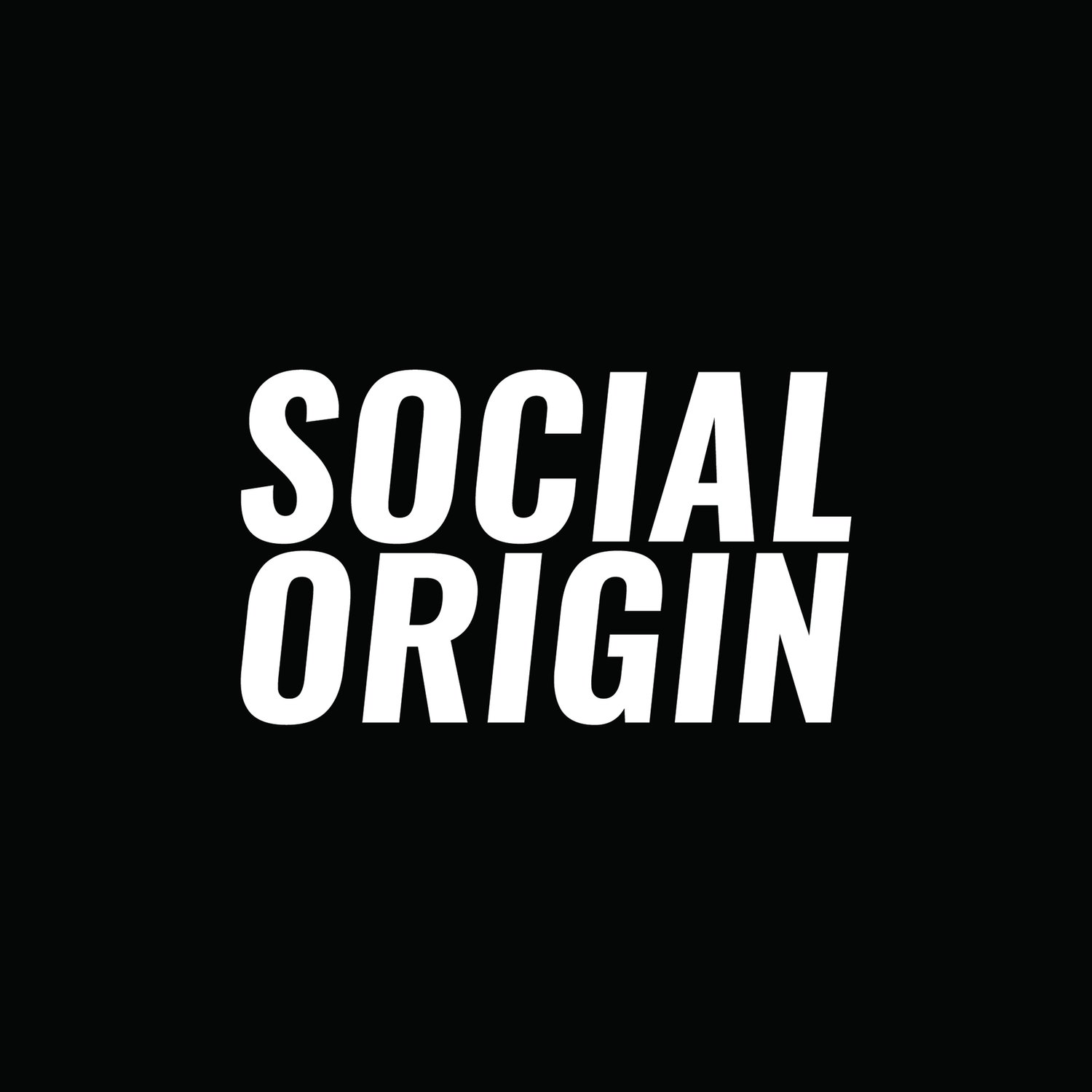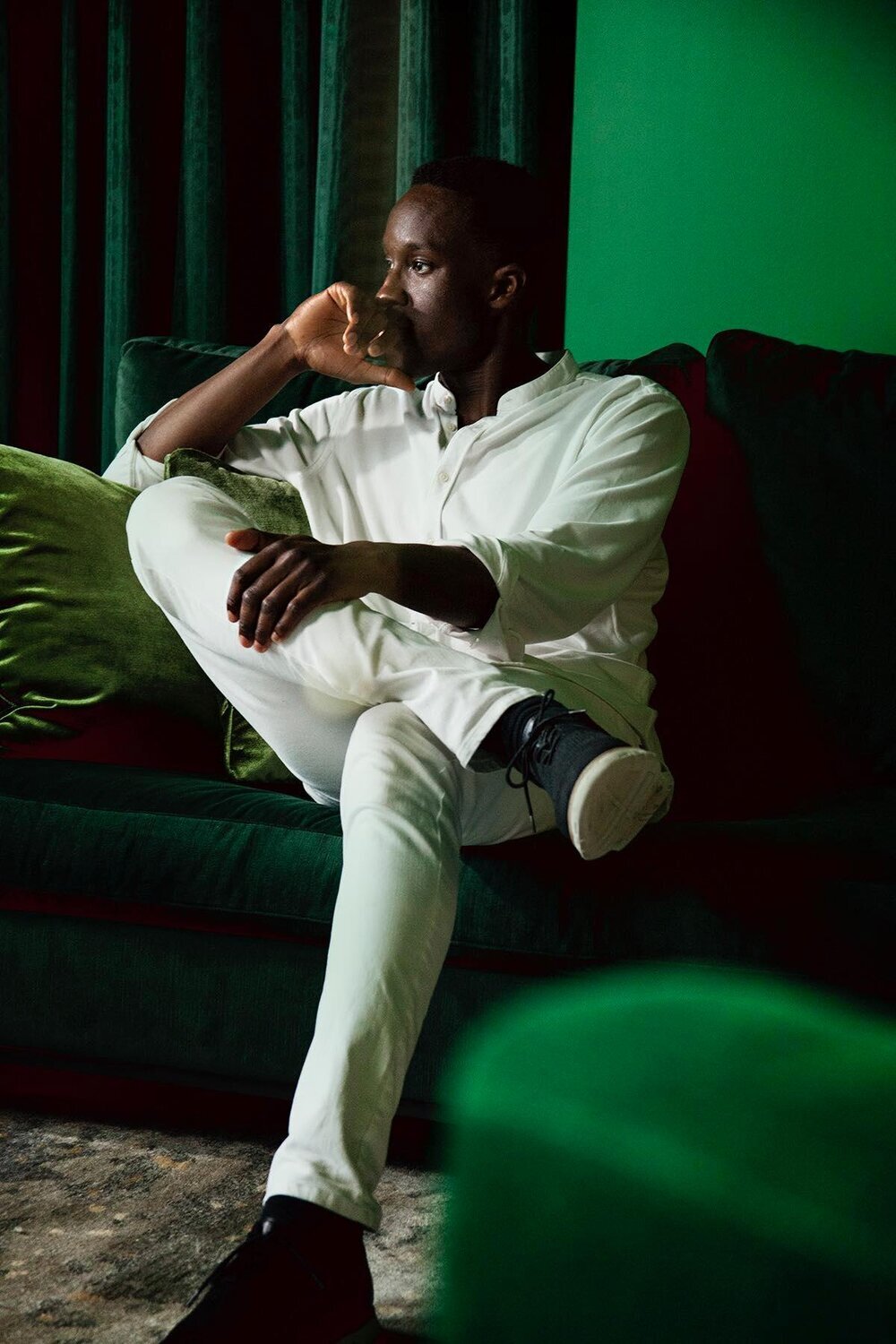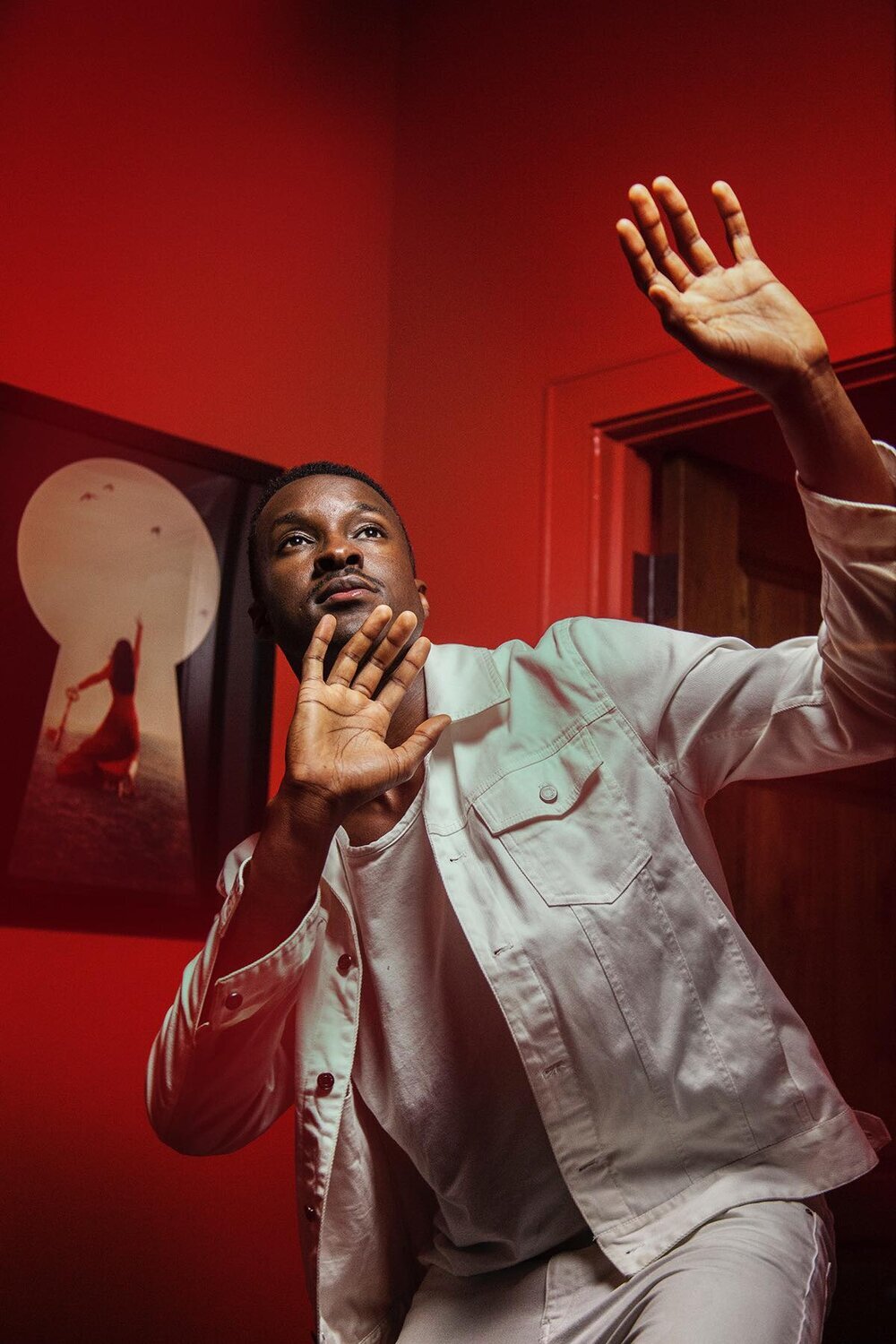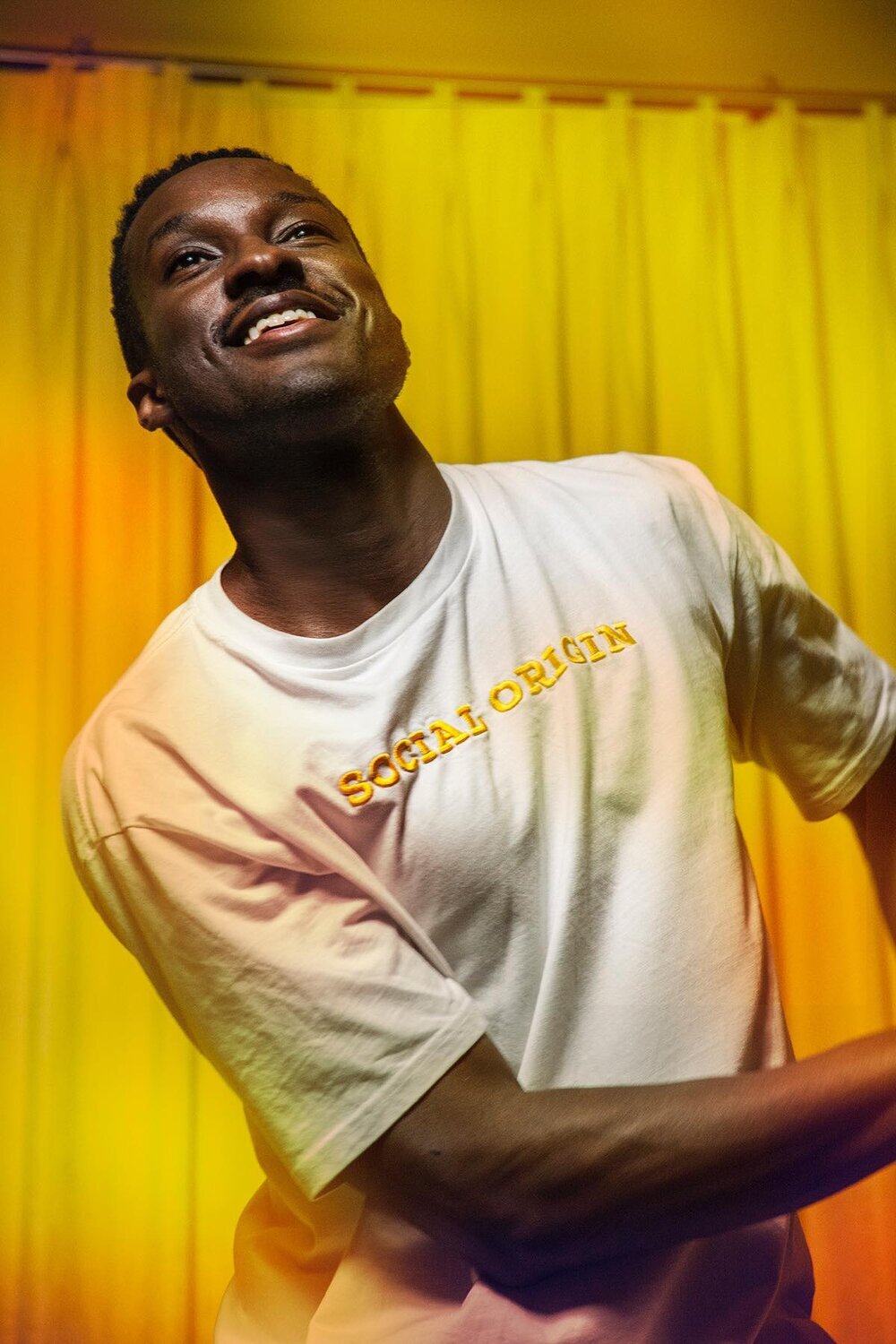The Cost of Social Distance
Images by @the_same_axis
ARTIST & ADVOCATE DAVID ALEXANDER // SPEAKS ABOUT AHMAUD ARBERY, ART, AND ENTREPRENEURIAL ADVOCACY.
Today we are diving into a heavy topic so let's start with your "why", Simon Sinek is famous for quoting to provide context on this conversation.
Sure, my “why” and driver in life is really seeing art and entrepreneurship inspire and empower people to go from brokenness to breakthrough. I have a lot of passion for this because I’ve seen it’s impact on my own life and on others. As an African American man living in America I’ve seen a lot of hopelessness. I told someone just yesterday that impact is not an afterthought for me, it’s what keeps me up at night. Depression is widespread but especially in communities that look like me. I know it’s part of my calling and purpose to drive light into dark places.
David, as an artist a lot of your poetry has focused on the challenges of race in America. When did you start writing and how has this creative outlet helped you process through losses like the death of Ahmaud Arbery?
Thanks for asking. My heart broke when I heard about Ahmaud Arbery’s story. It’s like reliving a nightmare in many ways for me and others in the Black community. When I look at his eyes I see my own. I have flashbacks to negative encounters with the police, encounters of racism, and that’s the thing I don’t think a lot of people realize. It's not isolated to one incident that brings pain for a nation to cry out. It’s tied to the biggest story of America’s greatest wound that has not yet been properly cleaned. It has been ignored and unable to heal.
A lot of people don’t have healthy outlets to cope mentally in COVID-19 in general. When you toss in another killing of a Black man by a former detective with no good answers as to why, people are left feeling lost and unloved. I thankfully have had the gift of poetry to process through pain. It has been a saving grace for me since I was in the 7th grade. Words have the ability to speak life and death, so I encourage everyone to spend time journaling down thoughts. Emotions were always meant to be processed. They have to be for self-healing.
Thank you for sharing. Can you tell us a little bit about your perspective on the systemic cycles of racial inequity and brokenness? It feels like progress is slow or completely stuck.
[Sigh] This is a big question. I can’t dive too deep but I’ll tell you that social distancing is actually the biggest illustration in a macro-level of the cycle. Please allow me to explain. You walk down a street and see someone on the other side because of COVID-19 fears you walk to the other side of the street to avoid them. It’s a picture of what I’ve seen many times simply because of the color of my skin. This individual experience doesn’t just impact street corners. When I talk about economic development I cite examples of leaders unwilling to set foot in the downtown district near my home, because of fear. The problem is the lifeblood of every community is centred around commerce and if fear prevents commerce, which it has in many communities, the foot traffic loss leads to despaired communities. The history lesson in brief is a term defined as “White Flight” that took place starting in the 1950s. Whites wanted to distance themselves from Blacks. It’s that simple. If we look at the downtown districts today that are in economic despair and look back through history we’ll find these roots. The original social distancing experience.
You grew up in St. Louis. The world watched in 2014 riots erupt nationally after the shooting of Michael Brown. Where were you during this experience and what positive or negative lessons were learned as a result in the community?
I was in college that year, traveling back from a 3 week trip to Boston and LA. After landing home in St. Louis, the next day I got a message saying, “we’re praying for St. Louis, I hear there’s riots.” It was startling. I had just written a poetry piece earlier that summer speaking about riots. I really think the good done was in the work of organizations such as The Ferguson Commission that brought together leaders to have tough conversations. I think where a large failure took place was in the long term planning. I actually did a press conference for my college President at the time. They asked me to be the opening face, I was honored to do so, however, after listening to the scholarship amounts offered my heart sank. I can’t remember what the numbers were but it was a lot of small scholarships that actually would have little impact long term. One of the things I realized then was the lack of vision and strategy around this topic. Higher education however is another article topic.
One of the things you are passionate about is leadership. You've worked with a lot of Nonprofit Directors, Community Leaders and CEOs. If you had a megaphone to communicate, what message would you hope to get across for these key influencers and where can we come together to move the ball forward?
Thanks for this question. It all rises and falls on leadership. I truly believe that. When someone tells me how entitled millennials are I ask them “who was raising them?” When a CEO or Executive points out the problems in their community I ask “who has the keys to create change?” Let me share a story. I was sitting down with one of my CEO buddies that happens to run an organization with sales in excess of $800 million annually. When we dove into the topic of racial inequity he said, “what can I do?” with a clearly helpless mindset and mentality. The problem is he holds the keys to influence that needs to change. He holds the influence of relationships, jobs, and power. Legitimately I have seen this mindset over and over again. I connect with more CEOs locally and nationally everyday so I don’t say this lightly in the fact that it is the norm rather than an anomaly. It is one of the main reasons I’m passionate about entrepreneurship.
Many leaders in the Black community are tired because they feel and see a prolonged coma. I say coma because a coma is a state of lowest brainwave activity. Somehow leaders can build million and billion dollar organizations but spend virtually 0 hours focused on a clear community impact plan. Why? Call it apathy, inference, whatever you want to call it. It’s poor leadership.
OK there’s my soapbox. Now for your question on moving the ball forward. I like this question because it’s solution oriented and it’s the reason I’m passionate about entrepreneurship. The first step is realizing the failure, admitting, and having a resolve to change. Again we’ve been in a coma with little brainwave activity on this topic of racial inequity. If a company has a giving spend of 5% I would encourage them to put governance around their giving. Structure should not only be for profits but also for people and the vibrancy of the communities served. Think about it. What if every company in America actually had a plan in where they were giving their money and had outcomes attached with a plan. Many think giving is just good will and racial inclusion is a requirement. When companies go past regulations to realize vibrancy brought by every voice at the table is needed, we’ll actually be able to see progress.
On an individual level, for the average American, what advice would you give in being part of long term solutions?
It is more simple than what we think. I love cooking and hosting people. Last year I had a theme for the year called community and I intentionally went above and beyond to hangout with all types of people. This is something any and every human can do. Go cook meals with people that look different, ask questions that are intentional, and commit to going outside of your comfort zone. The perspectives I gained from my local and international friends last year were incredibly enriching. I’ve found a lot (but certainly not all) Americans aren’t open to new experiences. They close themselves off from their neighbours or others outside of their income brackets. It is a temptation for all of us to be “socially distant.” But that life is purely shallow and self serving. The biggest solution we can provide to any crises is love. That word embodies care, service, joy, and strength all wrapped up in four letters. Even though you can be socially distant in this pandemic, you can still pick up a phone or offer up an outlet to serve others in your community.
Thanks for sharing! It truly does come down to loving others. Let me ask this final question, what are you personally up to and excited about? What’s next for you?
I have a personal podcast show with my twin brother that lives in Australia. We interview some incredible leaders and also have begun helping other leaders launch their shows. One of the things I love about it is I get to work from home and tell stories that need to be heard. I’m grateful for conscious magazine and all of the incredible stories that your team shares and thankful for this interview opportunity!
By David Alexander in collaboration with the Conscious Magazine




